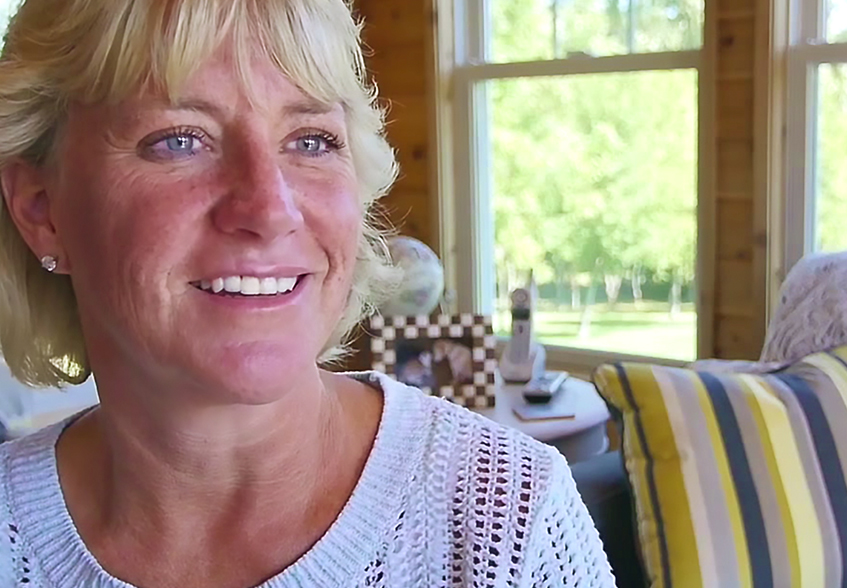You can bid on all of our properties online, and in some cases you can choose to attend the auction at the physical location the auction is being held. We call them Live Online (online bidding only), and Live on Location (online and on location bidding, both).
LIVE ONLINE: To bid on auctions that are Live Online (online bidding only during a specific period of time) you must register to bid on auctionnetwork.com. This is a short process that requires creating an account on auctionnetwork.com, and then registering to bid for your property. The registration process requires a credit or debit card, but we will not be using or storing this information as a form of payment. The credit card is used for identification authentication purposes only, and is charged $1 and immediately refunded. Registration is free. Once you've registered you will be able to view and participate in online bidding. Some sellers may require a bidder deposit to be made in advance of the auction. If required, it will be clearly displayed in the terms upon registration.
LIVE ON LOCATION: To bid on auctions that are Live on Location (both online and onsite bidding), you need to decide if you will bid online or attend the auction in person, OR a combination of both by placing a maximum bid in advance of the auction online, as well as attending the auction in person on auction day. To bid online, follow the instructions for online bidding above. To bid onsite at the live auction, bring a valid form of Identification, such as a driver license, and a form of payment for your earnest down payment should you become of the high bidder. Cash, check, cashier's checks and money orders are accepted onsite to pay the earnest down payment. Once you arrive, you will need to show your valid ID and complete a short registration form, and be issued a bid card for use during the auction.












